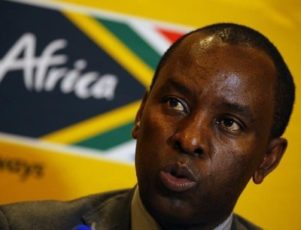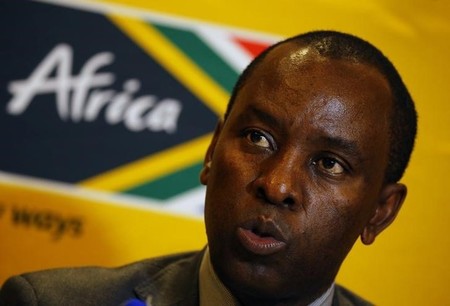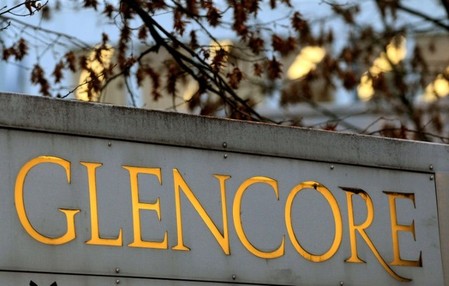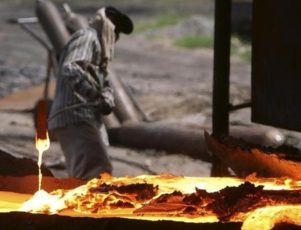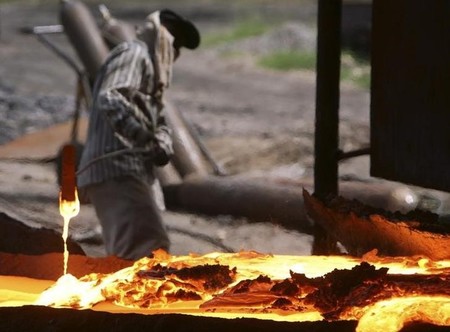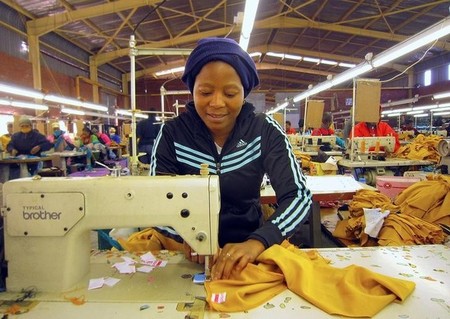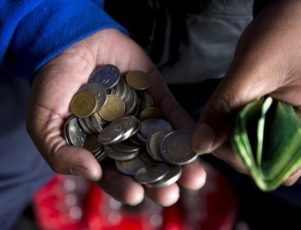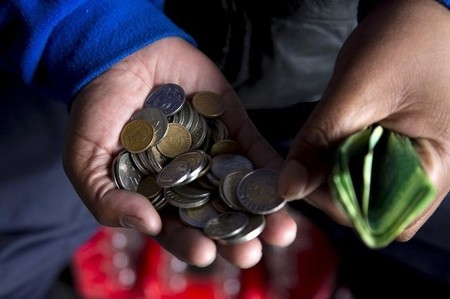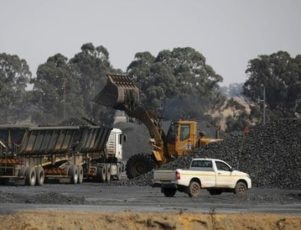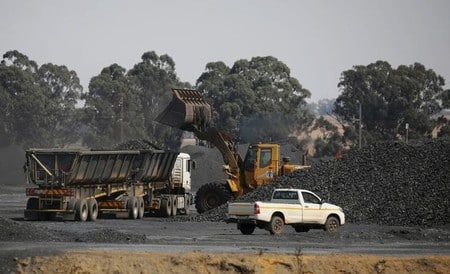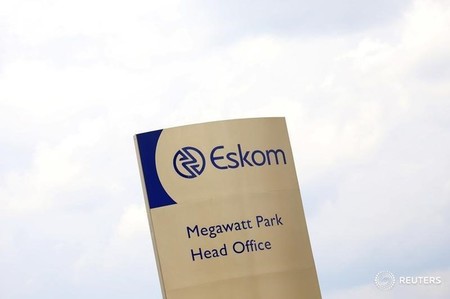By Abdi Sheikh
MOGADISHU (Reuters) – Presidential candidates in Somalia rounded off campaigning with an unprecedented televised debate on Monday, dominated by issues of corruption, security and U.S. President Donald Trump’s travel ban.
Somalia, which holds a presidential vote on Wednesday, is one of seven majority Muslim nations whose citizens were barred from travel to America under Trump’s executive order.
Many Somalis were sent back home or stranded at airports, until a U.S. judge put the ruling on hold.
“I will tackle the issue of refugees deported from the United States and other countries, and will settle internally displaced people,” Bashir Rage, one of several former warlords seeking election, said in the debate broadcast on TV and radio.
Wednesday’s presidential vote is part of the rebuilding effort in Somalia, which was shattered by more than two decades of conflict and where clan loyalties still tend to trump policy in politics.
“Somali clans have fought for many years so I will reconcile them so we have a government that will bring people together,” said candidate Mohamud Ahmed Nur Tarsan, a former Mogadishu mayor, promising to fight corruption and Islamist militants.
Candidates bidding for office in a race repeatedly delayed since August promised to improve security and the economy.
Most of the 23 hopefuls did not turn up for the debate, split between two sessions due to number of candidates. Voters complained that the debate was more of a question and answer session, that ignored people’s daily concerns.
Candidates were asked questions such as “why do you deserve to become president?” by a prominent journalist.
“I wish the questions were from citizens,” Ahmed Nur, from Baidoa, northwest of the capital, told Reuters.
President Hassan Sheikh Mohamud had been due to take part in the afternoon debate, but had still not turned up as it began. He is seeking a second term after more than four years in office during which time he has faced criticism from the public and Western donors about corruption.
Major Osman Mohamed, a military officer who like other soldiers complains about delayed wages, said: “The best questions, which I am sure our lazy president can’t answer, is how to solve corruption and insecurity problems.”
An insurgency by al Shabaab Islamist militants scuppered plans for each adult to have a vote, so Somalia’s 300 members of parliament will instead vote on the next president.
About a third of lawmakers, who were themselves picked by about 14,000 clan elders and regional figures, are loyal to the president’s Peace and Development Party, giving Mohamud an edge in the race but not enough to guarantee him victory.
(Writing by Edmund Blair Editing by Jeremy Gaunt)

